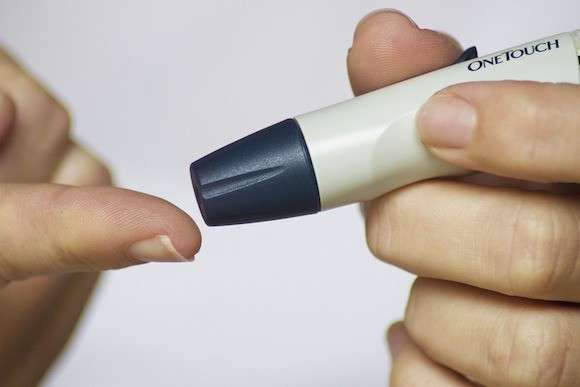Diabetes discovery could lead to more effective drugs

The formation of type 2 diabetes is directly related to how our muscles convert sugar, a landmark new study has found.
Researchers at the University of Melbourne's Medical School at the Austin Hospital have used elegant gene splicing technology to prove this popular theory about the biological cause of Type 2 diabetes.
The work, published in Molecular Metabolism, is the first strong evidence that when muscles fail to convert glucose into a substance called glycogen, it leads to the hallmarks of type 2 diabetes.
They hope the research will lead to development of a drug to that could convert glucose into glycogen when muscle metabolism fails.
Chronic high glucose levels are associated with stroke, kidney failure, blindness and leg amputations. Most patients with diabetes die from heart attack or stroke. Yet researchers still know very little about the biological processes that lead to this condition.
Lead researcher on the project, University of Melbourne Associate Professor Sof Andrikopoulos, said the finding gives researchers a much better idea of where to target treatments for type 2 diabetes.
"We've known for decades the inability of muscle and fat to respond to insulin (known as insulin resistance) is a major mechanism that leads to high glucose levels in type 2 diabetes," Assoc Prof Andrikopoulos said.
"If you have insulin resistance, the sugar stays in your bloodstream. So the inability of the muscle to transport sugar into the muscle cell is what leads to higher blood sugar levels."
The researchers tested the theory with sophisticated gene technology. They effectively deleted the enzyme that makes glycogen from glucose from the muscle and watched what occurred.
"None of the drugs available at the moment treat the underlying cause of the disease.
"This provides us with more information about which pathways we should target to treat diabetes. Currently, we don't have any drugs that target this pathway.
"The study also explains why one of the reasons patients with diabetes don't exercise properly is that they may not have glycogen – if you improve your glycogen stores, you improve the ability to exercise."
Diabetes is linked to cardiovascular disease, hypertension, stroke, mental illnesses and blindness. Currently, 1.7 million people live with diabetes. At the Austin, about one in three patients over 55 have diabetes.
More information: Chrysovalantou E. Xirouchaki et al. Impaired glucose metabolism and exercise capacity with muscle-specific glycogen synthase 1 (gys1) deletion in adult mice, Molecular Metabolism (2016). DOI: 10.1016/j.molmet.2016.01.004



















